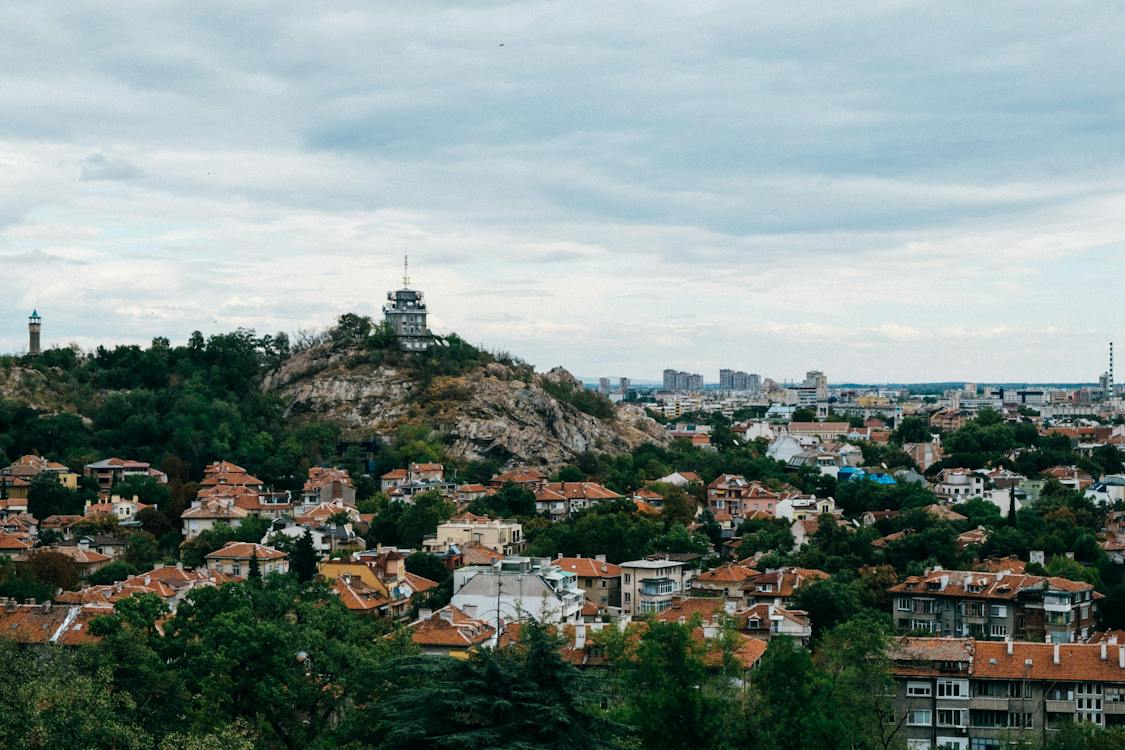Bulgaria is a country with a long, complicated, yet engrossing history. The land has been seized, conquered, and settled by different empires, which all have contributed and left enduring influence and marks on the nation, with most of the fascinating facets still eminent in their modern-day culture. Here, let’s discover Bulgaria’s tumultuous past, and how it survived against all odds and became the country it is today.
Bulgaria’s history begins with the Thracians that first populated the country and the Balkan Peninsula starting around 1,000 BC. Thracians were initially never united and were composed of various loose tribes who battled against each other. It was about 500 BC when part of these tribes united under King Tere’s Odrysian Kingdom.
In 46 AD, the kingdom fell under the rule of the Roman Empire. The Romans strengthened and protected many of the Thracian settlements, and built many cities in towns, such as the present-day Sofia, Devnya, and Stara Zagora. Across these centuries, other tribes fell under different domination, from Hellenistic, Macedonian, and Celtic rule. It was after 500 AD when the Slavs acculturated these people and settled on the peninsula.
The Slavs dominated the Balkans until the Bulgars arrived in the 6th century. In 632, they established Great Bulgaria under Kubrat’s leadership. However, the state collapsed due to Khazars’ pressure during the latter part of the 7th century.
Khan Asparuh, the successor of Kubrat, then moved the tribe to Danube. A peace treaty with the Byzantines in 681 led to the start of the First Bulgarian Empire, and the establishment of Pliska, its permanent capital. Under the new state, the Thracian and Slavs remnants were also absorbed through assimilation. Through the years, people from different ethnicities and cultures were brought together under one alphabet, language, and religion.
The First Bulgarian Empire reached its apex under Simeon the Great from 893-927. However, in 1018, the Byzantine Empire captured Bulgaria and ruled until 1185. A rebellion sprouted due to heavy taxation, leading to the foundation of the Second Bulgarian Empire, which reign lasted for 211 years.
In 1396, the Ottoman Empire officially conquered Bulgaria after the regions’ three-year resistance. The Bulgarians then lost their ruling clergy and aristocracy, putting an end to the system and the church. While there were rebellions, the Ottomans swiftly squashed the revolts, and Bulgaria became an integral territory of the Ottoman Empire for about 500 years.
In April 1877, the Russians declared war versus the Ottoman Empire and seized Sofia in January 1878. The Treaty of Stefano ended the conflict and eventually led to the creation of an independent Bulgaria.
However, the Great Powers rejected the treaty as they deemed that Bulgaria might be transformed into a powerful Russian ally. Instead, the Treaty of Berlin was signed dividing Bulgaria into two, one semi-autonomous called Eastern Rumelia with Turkey, while the other called a principality was left totally independent.
In 1908, the Tophane Agreement was signed, which unified the two separate Bulgaria and marked its complete independence. From a principality, Bulgaria became a kingdom ruled by King Ferdinand I. Yet, the monarchy only lasted for 38 years, after it was abolished in September 1946.
The Communists took command of Bulgaria, and it became a Communist state under the rule of dictator Todor Zhivkov. In 1990, the elites started a revolt against the Communist tyranny, and Bulgaria began its peaceful transition to democracy and served as the turning point for the country’s development. In 2004, Bulgaria joined the North Atlantic Treaty Organization (NATO) and the European Union (EU) in 2007. Today, Bulgaria is still growing steadily, with tourism being one of its rapidly-growing industries.
Though different tribes, peoples, and empires lived and ruled the Bulgarian lands, they all contributed to the rich and distinct cultural and historical heritage. The country boasts a fascinating and unique blend of traditions, habits, beliefs, and food, making the emerging nation stand out.
